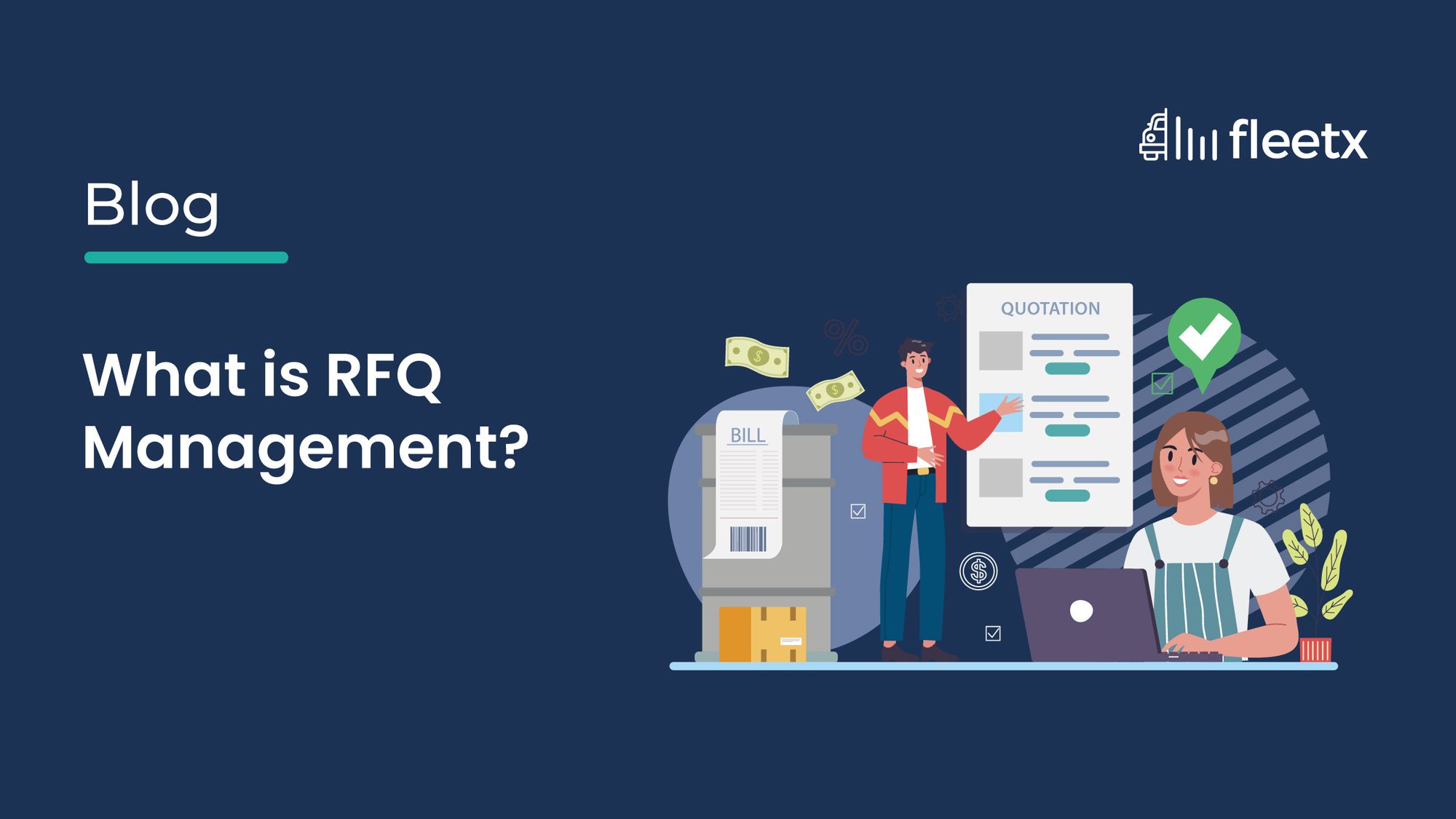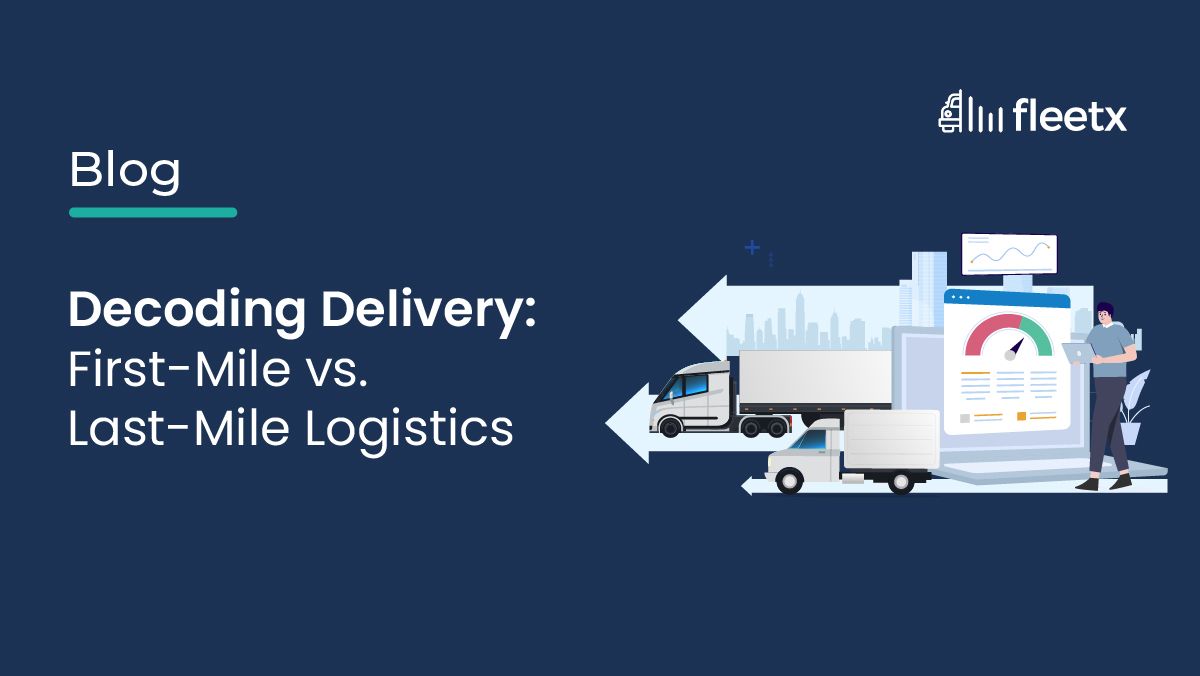
Effective supply chain and procurement process management is essential in the context of logistical operations. In these operations, the administration of Requests for Quotations (RFQs) is essential as it allows suppliers to be sourced and competitive bidding to occur. Through this procedure, logistics organizations may be confident they're getting the greatest deals and services possible for their demands related to distribution, warehousing, and shipping. Understanding RFQ management is essential for Indian logistics companies looking to streamline their processes and cut expenses. This article provides a thorough explanation of RFQ management and explains how the Indian logistics industry may use it to its advantage.
Understanding RFQ Management
RFQ management in logistics involves the systematic process of inviting, receiving, and evaluating quotations from suppliers for providing specific services or goods. It is particularly critical in logistics where services such as shipping, warehousing, and handling have significant impacts on operational efficiency and costs.
Detailed Requirements Analysis
The first step in RFQ management is conducting a thorough analysis of the logistics needs. This should clearly define the scope of services required, such as delivery speeds, volume handling capacities, geographical coverage, and technology integration (like real-time tracking). Accurately defining these parameters ensures that the RFQ attracts suppliers who are genuinely capable of meeting the company’s logistics demands.
Drafting a Robust RFQ Document
Creating a detailed and clear RFQ document is crucial. This document serves as the foundation of the procurement process and should include:
- A comprehensive description of the services required.
- Criteria for submission, including deadlines, formats, and any required documentation.
- Evaluation criteria for assessing bids.
- Terms and conditions of the contract.
- Contact details for queries and clarifications.
This document is the primary interface between the logistics company and potential suppliers, hence clarity and completeness are vital.
Supplier Identification and Invitation
Identifying potential suppliers who can meet the specified requirements is a critical next step. In the Indian context, this could involve looking at local as well as national providers, depending on the scale of operations. Once identified, these suppliers are invited to participate in the RFQ process, ensuring a broad base of potential bids to select from.
Quotation Collection and Evaluation
As quotations come in, RFQ management involves a systematic approach to evaluate each proposal against the predefined criteria. This often extends beyond price to consider factors such as service quality, supplier reliability, past performance, and compliance with service level agreements (SLAs). This holistic evaluation helps in selecting a supplier who offers the best value, not just the lowest price.
Negotiation and Contract Awarding
Once a preferred supplier is identified, the next step in RFQ management is to negotiate terms that are favorable yet fair to both parties. This may involve price negotiations, service terms, penalty clauses for non-compliance, and other operational details. After successful negotiations, the contract is formally awarded to the selected supplier.
Monitoring and Compliance
After awarding the contract, ongoing management involves monitoring the supplier’s performance to ensure compliance with the terms set out in the RFQ. Regular assessments and feedback sessions help maintain service standards and adapt to any changes in operational requirements.
Review and Continuous Improvement
Effective RFQ management does not end with the awarding of a contract but continues with reviewing the entire process. This helps identify any inefficiencies or challenges, enabling continuous improvement in future RFQ cycles.
For Indian logistics, effective RFQ management is not just about choosing the lowest bidder but finding the right partner who can contribute to seamless operational flow and enhanced service delivery. By refining the RFQ process, companies can achieve greater operational efficiencies, reduce costs, and improve service offerings in the highly competitive logistics sector.






